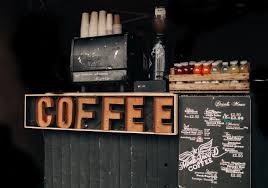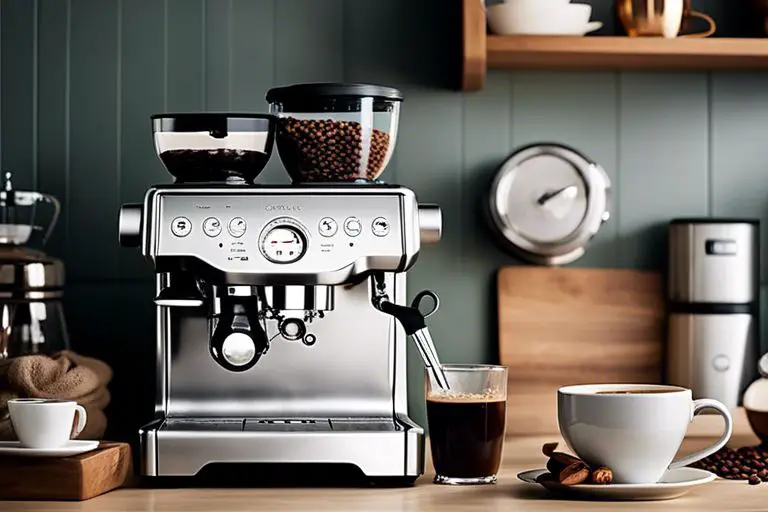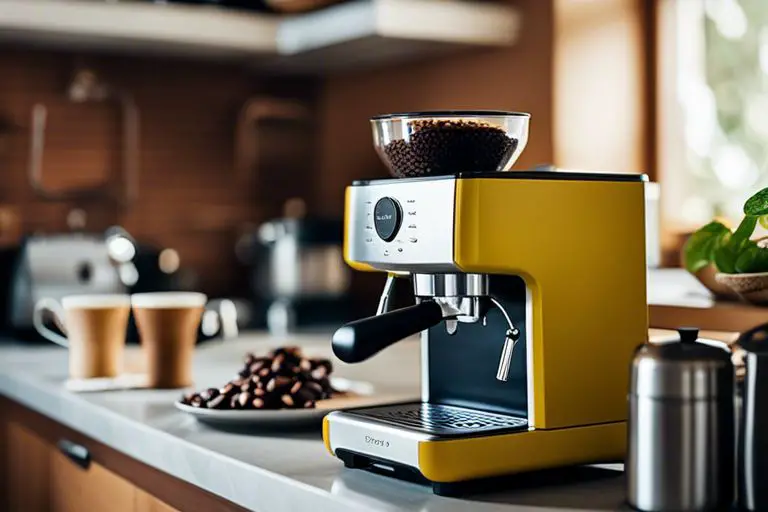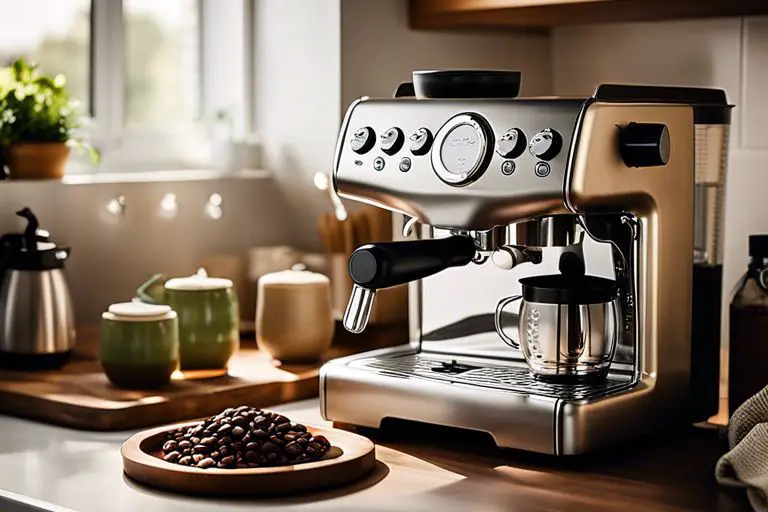Before we get into exactly what gourmet coffee is, here is the dictionary definition of gourmet:
“Very high quality”
The definition is extremely simple and when it comes to coffee the word gourmet is supposed to be used to describe high-quality coffee.
The problem is that it is very easy to abuse the word to make it seem like the coffee beans are better than they actually are.
We would go as far as to say that if you are considering buying coffee that has the word gourmet incorporated into the packaging or the wording that describes it then you should consider if it is even worth buying at all.
True high-quality coffee producers and roasters do not need to use the word gourmet because they know that their coffee is high quality and don’t need to use what is effectively an advertising word to describe the coffee to you.
A good example is the word “premium”. Having worked in retail for several decades I can tell you that this is one of the most overused words within the retail industry.
When you see the word “premium” on any retail packaging it tends to mean the opposite because they are trying to entice you into making the purchase by implying that the product is superior to another one that may be “non-premium” but of course you will never see the words “non premium” written on anything so how do you know if something is premium or not? You can’t.
The same applies to gourmet coffee. Basically, there is no such thing.
We prefer to use the word speciality coffee because there are a number of ways that you can differentiate and be able to tell the difference between standard, mass-produced coffee and speciality coffee.
We will explain some of those differences in the rest of this article.
It is important to remember though that coffee is a very personal thing. The biggest advice we can give is to try as many different types of coffee as you can. There are literally hundreds of different types from dozens of countries.
Most people try only a few before settling down on a couple that they repeat buy for years.
Instant coffee drinkers are the worst culprits of this and find themselves buying the same brand over and over again and missing out on the phenomenal diversity of different coffee that is available.
The best way to find a real gourmet coffee is to try lots of different types and you will eventually find your own gourmet that works best for your taste and palate.
It is likely you will be very pleasantly surprised as well from a money perspective. The most expensive will not necessarily be the one that you enjoy the most.
What is speciality coffee?
The speciality coffee association define speciality coffee as the expertise and knowledge of everyone in the coffee supply chain contributing towards a beverage that creates an experience and makes you sit back and savour every sip, much like a fine wine.
First of all, you have the coffee farmer that has personally cared for and nurtured their coffee plants for many years and probably across several generations of their family. Coffee runs through their blood.
Speciality coffee cannot be mass-produced because it’s all about quality over quantity.
Only Arabica beans can be used from selected climates and each harvest is closely inspected by human eyes to ensure that only the beans without any defects pass through to the next stage of the process
Next, the coffee buyer will determine whether the speciality coffee is good enough to be awarded speciality status.
Similar to how a sommelier is an authority on wine the coffee buyer has been specifically trained and is qualified to grade coffee using a number of different variables based on both smell and taste to determine sweetness and grade coffee using a scale between 1-100.
Once the speciality coffee beans have passed through the farmer and the buyer, they then need to be roasted which will often take place in a different country to where the beans were harvested.
Roasting the beans correctly is a crucial stage in the process. If you roast a high-quality coffee bean for too long or not long enough then the flavour can be affected.
The roasting time and methods used will determine whether you end up with a mild, medium or dark roast that will have a dramatic impact on the overall flavour.
Freshly roasted coffee will provide the best flavour profile and although it’s nice to have it done by a professional coffee roaster you can buy the raw green coffee beans and roast them yourself.
A coffee bean roaster is a fantastic gift for any coffee lover or as a treat for yourself if you fancy playing a part in creating your own speciality coffee and is a lot cheaper than you may think.
Next is the Barista and it doesn’t have to be the type you find in one of the high street coffee shops.
Most of the time the people that make your coffee in a coffee shop know next to nothing about how to make a great cup of coffee so with a small amount of self-education and some practice you can learn how to make espresso like a professional barista.
In no time at all, you will be pulling espresso shots and making your favourite coffee drinks that are far better than you will ever get in any coffee shop.
Once you have the knowledge of what makes up a great coffee bean and you understand how to make a great cup of coffee you may never visit a coffee shop again.
I still buy a coffee on the high street about once a month to remind myself how much better and cheaper it is to make my own coffee at home.
Making your own coffee is without a doubt the best way to get a great tasting coffee and there are many different methods you can use ranging from just a few pounds if you go down the route of a cafetière or filter coffee machine.
You do not need to spend a lot of money to make good coffee so take some time to understand what is the best coffee machine for your personal needs and budget.
Are organic coffee beans better?
Yes they are. All mass-produced coffee beans are sprayed with a range of pesticides to ensure that the harvest reaps the maximum possible volume of beans.
The farmers cannot afford for any of the beans to be ruined by insects as they are selling them so cheap so they spray them with chemicals to keep the little beasties away. The downside, of course, is that the flavour gets affected.
Organic coffee farmers, on the other hand, have very strict rules to adhere and in particular, no chemical pesticides whatsoever are allowed.
This means that organic coffee is produced in small batches as it needs to constantly be monitored to maintain the quality and that makes it more expensive but you know that it is chemical-free and it will taste better.
Here is a more detailed article on how to choose and buy coffee beans in the UK including a few speciality coffee beans for you to consider.
So now you know. Gourmet coffee is just a made-up phrase but speciality coffee is a real thing as described above.




